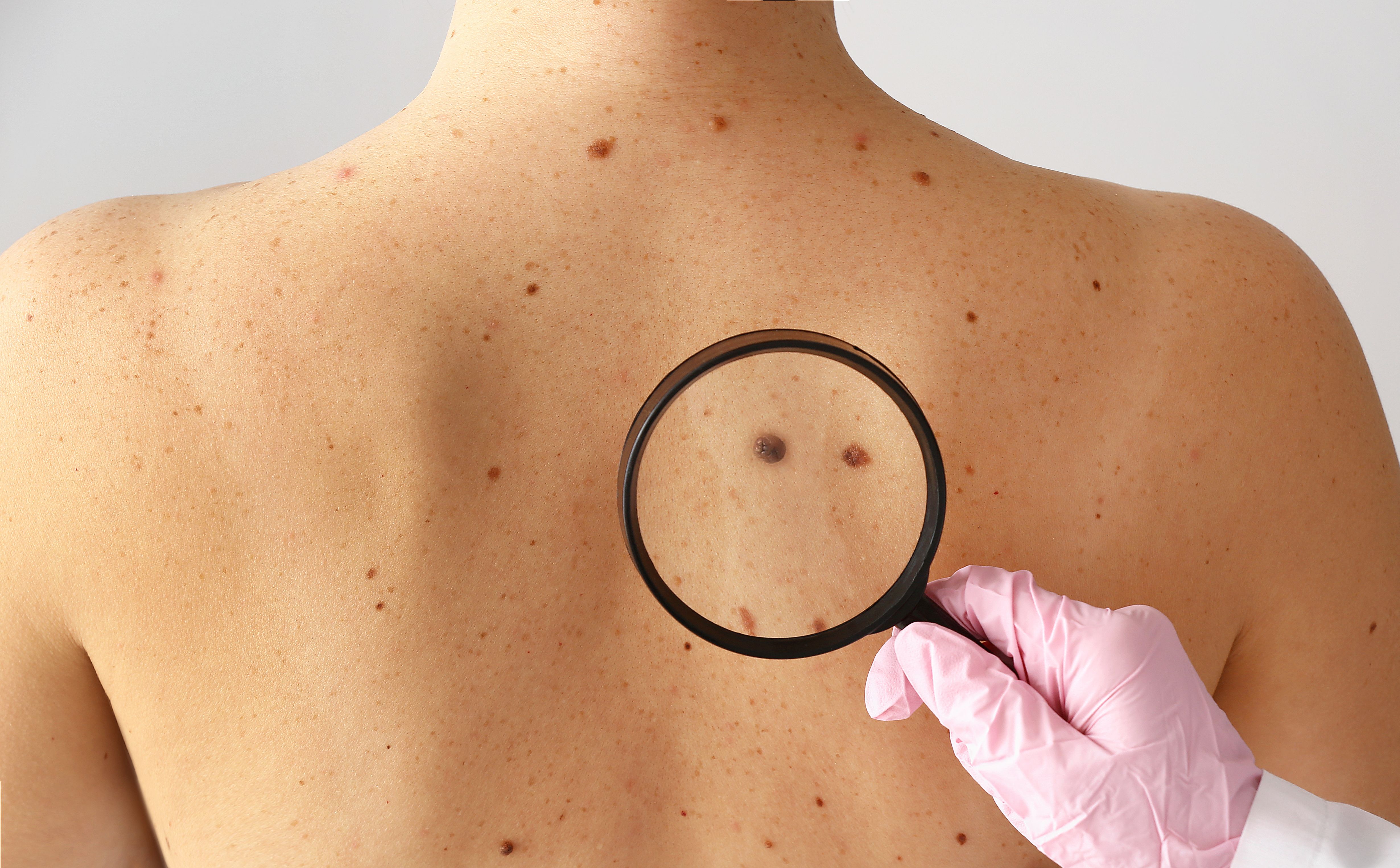- Acne
- Actinic Keratosis
- Aesthetics
- Alopecia
- Atopic Dermatitis
- Buy-and-Bill
- COVID-19
- Case-Based Roundtable
- Chronic Hand Eczema
- Chronic Spontaneous Urticaria
- Drug Watch
- Eczema
- General Dermatology
- Hidradenitis Suppurativa
- Melasma
- NP and PA
- Pediatric Dermatology
- Pigmentary Disorders
- Practice Management
- Precision Medicine and Biologics
- Prurigo Nodularis
- Psoriasis
- Psoriatic Arthritis
- Rare Disease
- Rosacea
- Skin Cancer
- Vitiligo
- Wound Care
Article
New Class of Immunotherapy May Help Fight Aggressive Skin Cancer
Author(s):
The results of a new study reveal that the the antibody works by activating the immune response to fight cancer and slows melanoma growth in mice.
A new class of immunotherapy shows promising results in patients who have the most aggressive form of skin cancer.1
Pixel-Shot/AdobeStock

from King’s College London and Guy’s and St Thomas’ NHS Foundation Trust studied whether a novel antibody can target and treat aggressive melanomas. According to study results, it activates the immune response to fight cancer and slows down the growth of melanoma in mice.
Malignant melanoma is the most aggressive type of skin cancer with poor survival rates for half of patients within five-years of diagnosis. Although there has been substantial progress in developing immunotherapies, many patients' tumors do not respond. Study investigators stated this drug could benefit those patients with melanoma who do not respond to existing treatment.
While many existing immunotherapies used in cancer treatment belong to the antibody type called IgG, researchers at King's College London and Guy's and St Thomas' developed an IgE antibody which can utilize the patient's own immune system to attack cancer in a different way. It targets the marker on the surface of melanoma cells, chondroitin sulfate proteoglycan 4 (CSPG4), which is found in up to 70% of cases. CSPG4 IgE treatment slowed cancer growth in mice implanted with human immune cells, including cells from patients with melanoma. An allergy test conducted with patient blood found that CSPG4 IgE did not activate white blood cells called basophils, indicating that the therapy may be safe to take.
Sophia Karagiannis, MD, and professor of dermatology at St. John’s Institute of Dermatology at King’s College London stated that available treatments for advanced melanoma fail to work for 40% of patients. However, the study’s findings demonstrate that the human immune system responds differently in the presence of IgE antibody-based drugs, which suggests the potential for IgE antibodies to generate an effective response against melanoma.
Reference
1. Chauhan, J., Grandits, M., Palhares, et al. Anti-cancer pro-inflammatory effects of an IgE antibody targeting the melanoma-associated antigen chondroitin sulfate proteoglycan 4. Nat Commun 14, 2192 (2023). https://doi.org/10.1038/s41467-023-37811-3
Newsletter
Like what you’re reading? Subscribe to Dermatology Times for weekly updates on therapies, innovations, and real-world practice tips.















